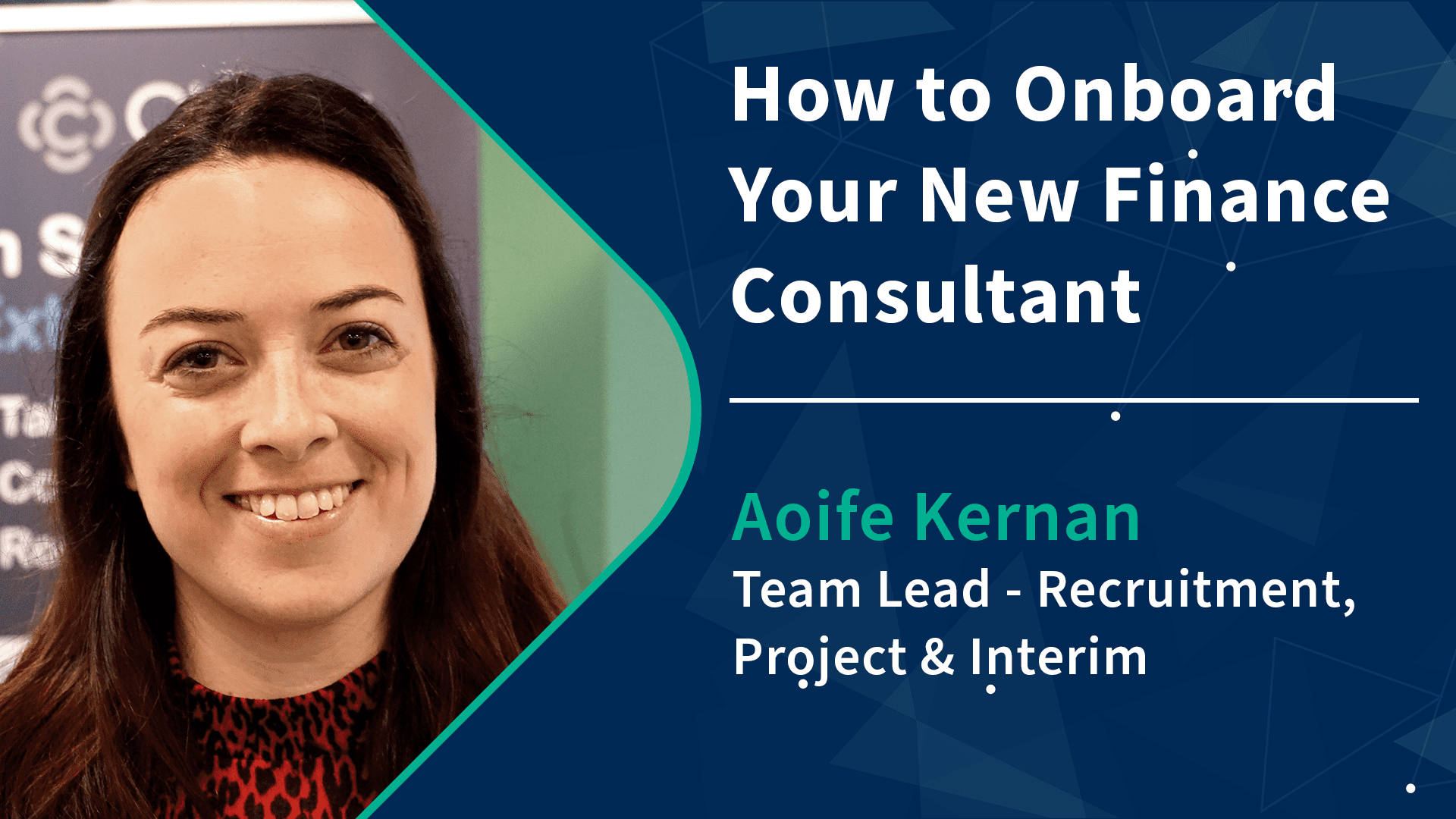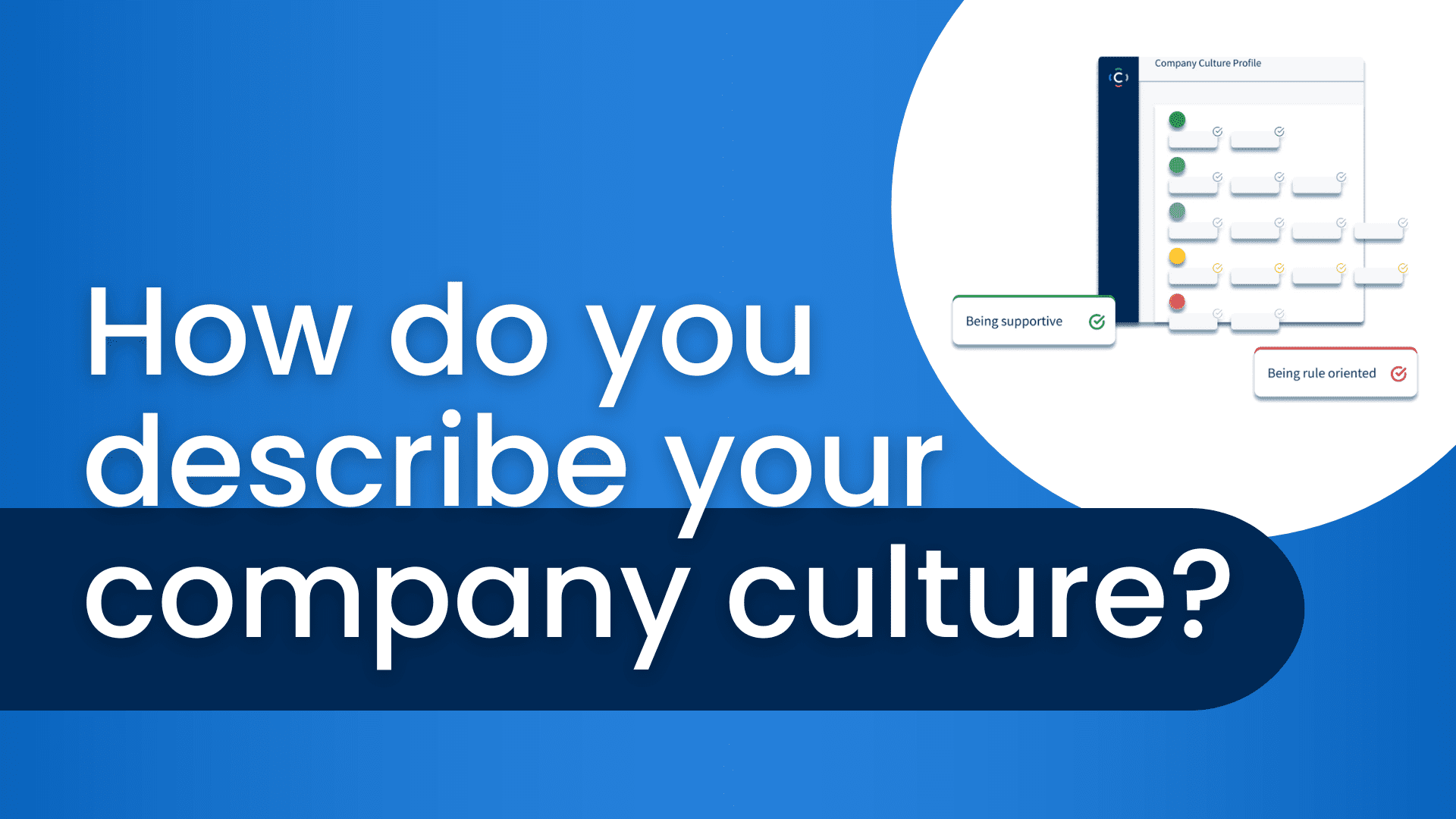For both permanent and temporary hires, a good recruitment process must include an inclusive onboarding plan. While onboarding of permanent staff is probably well-defined in your organization, the onboarding of project or interim staff is more likely undefined and ad-hoc. Hiring a consultant is usually done on an as-needed basis, therefore quickly setting them up for success is not as easy as mirroring your permanent onboarding process. Add in the complexity of working virtually which many consultants do regularly, and it’s easy to see where there may be some challenges.
This may be the first time you have hired a consultant or may be your 100th time, either way it is valuable to know how to on-board a consultant efficiently and aim for success! Below we have identified key things to remember and a downloadable checklist to help you onboard your next finance or accounting consultant.
Be Organized
Time is precious during a project and therefore all set-up logistics should be taken care of ahead of their first day. Consultants are expected to be effective right out the gate so you don’t want any of their time spent chasing paperwork from HR, access codes from IT or for them to sit idle if their first day schedule isn’t ready. It can be helpful to share additional company information and project plans ahead of their first day, so they can read ahead and come prepared from day one.
Set the Right Tone with your Team
One of the biggest reasons it can take a consultant longer to make an impact is because there is a disconnect with the team. Bringing on a consultant includes an element of change which some people may not be ok with. Ensure your team knows why the consultant is there, give them time and space to understand the change and facilitate both formal and informal meetings with the consultant to allow them to build a trusting relationship.
Ensure the Consultant has a Holistic Understanding of your Company.
You want to ensure the consultant not only understands, but also feels connected to your company’s long term goals and objectives. Sharing your strategic plans can help them to set the right path for the project, and leave you feeling confident in your company’s future. You may also want to socialize them early with your company’s working culture (inviting them to staff lunches, happy hour etc), which can help them feel connected to both the brand and the staff.
Set Clear, Achievable and Measurable Goals
Within the first one to two weeks, you both should have a clear direction for the project and have created achievable goals together. Discrepancies in expectations around timelines, budgets, standards of work etc. can immediately impact the success of the consultant. All project stakeholders need to be on the same page in terms of deliverables, and if not, these need to be ironed out immediately to ensure a positive working relationship. Setting both project and personal goals can be self directed by the consultant, or can be created together with their manager. If the consultant has previous similar expertise, you can lean on them for direction in setting these goals and developing an achievable project plan.
Ensure Feedback is Two-Way and Consistently Delivered
Try to avoid “setting and forgetting” your consultant. Onboarding should extend beyond the initial project set-up and the smoothest projects are completed in conjunction with effective, constructive and valuable two-way feedback. Creating feedback schedules and regular check-ins are critical to protecting the success of the project as the consultant can shed light on challenges and bottlenecks before they become a problem. Aim to create a comfortable open dialogue with the consultant, be open to criticism and provide them with actionable insights, all of which will help to achieve the project goals with minimal disruptions.About the AuthorCheck out more of our popular articles on Career AdvicePopular Articles




